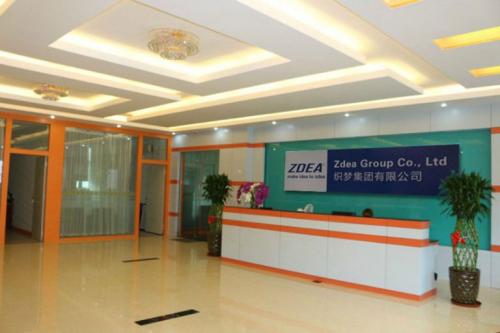PMMA Fiber Optic Lighting: Installation Tips and Best Practices
PMMA fiber optic lighting is gaining popularity for its versatility and aesthetic appeal in various architectural and interior design applications. Whether you're illuminating a residential space or enhancing a commercial environment, proper installation is crucial to achieving optimal results. Here are some essential tips and best practices to ensure a successful PMMA fiber optic lighting setup.

Understanding PMMA Fiber Optics
PMMA (Polymethyl methacrylate) fiber optics transmit light
through a clear core made of acrylic material. They are preferred for their
flexibility, durability, and ability to transmit light effectively over long
distances without significant loss. This makes them ideal for creating
decorative lighting effects without the heat or electricity concerns of
traditional lighting sources.
Pre-Installation Preparation
Before starting the installation process, ensure you have a
detailed plan that includes:
·
Lighting Design:
Determine the desired lighting effect and where the light will be placed.
Consider factors such as ambient lighting, color options, and the intensity of
light required.
·
Materials: Gather
all necessary materials including PMMA fiber optics, light source (LED or
halogen), end fittings, connectors, and tools for cutting and securing the
fibers.
Installation Steps
1. Prepare the Light
Source: Choose an appropriate light source
based on your design requirements. LED light engines are commonly used for
their energy efficiency and low maintenance.
2. Cutting and Routing
Fibers: Measure and cut PMMA fibers to the
desired lengths. Use sharp, clean tools to ensure smooth cuts and prevent
damage to the fibers. Route fibers through specified areas, ensuring they are
not bent sharply to maintain light transmission efficiency.
3. Fixing End Fittings: Secure end fittings to the fibers using adhesive or mechanical
fasteners. Properly align fittings to ensure a snug fit without compromising
the integrity of the fiber.
4. Testing and
Adjustment: Once installed, test the lighting
system to ensure all fibers are transmitting light evenly and according to the
design plan. Make any necessary adjustments to improve light distribution or
intensity.
Maintenance and Care
Regular maintenance is essential to prolong the lifespan of
PMMA fiber optic lighting systems:
·
Cleaning:
Periodically clean fibers with a soft, lint-free cloth to remove dust or debris
that may obstruct light transmission.
·
Inspection:
Inspect fittings and connections for signs of wear or loosening. Replace any
damaged components promptly to prevent light loss or system failure.
Successful installation of PMMA fiber optic lighting
requires careful planning, precise execution, and regular maintenance. By
following these installation tips and best practices, you can create stunning
lighting effects that enhance any space while maximizing the efficiency and
longevity of your lighting system.







